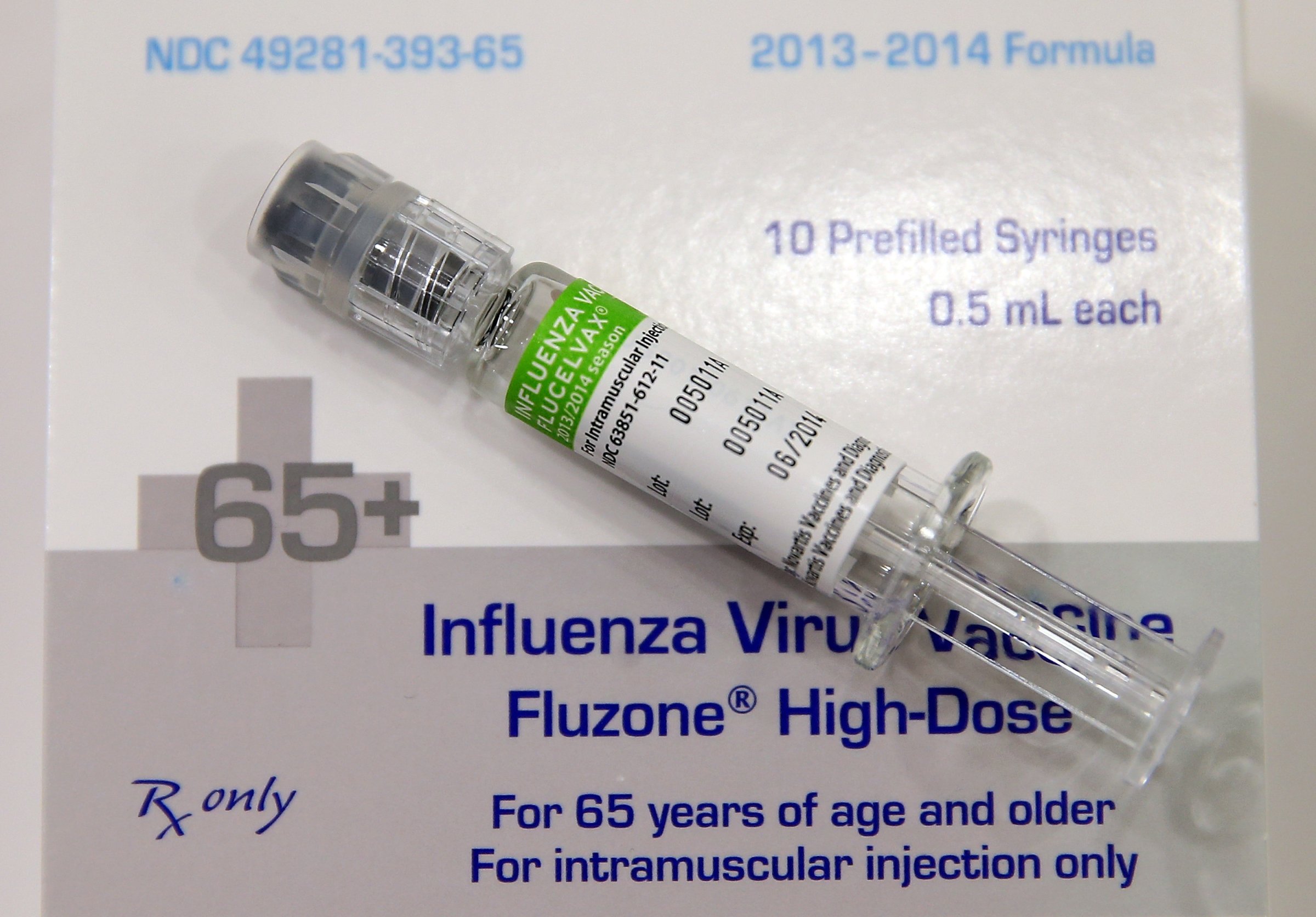
How do you prevent elderly people from dying from the flu? Immunize preschoolers, infectious disease experts say.
A new policy mandating that preschool children receive flu vaccination went into effect in New York City earlier this month with exactly that goal in mind.
Young children respond particularly well to the flu vaccine, and giving it to preschoolers creates a ripple effect that diminishes the flu in the population as a whole. Even though preschoolers are just a fraction of the population, immunizing a critical percentage of the population from the flu could significantly diminish the chance of a widespread outbreak, a phenomenon known as herd immunity.
“This is just part of being a good citizen and not hurting your neighbor,” says Jon C. Tilburt, a medical professor at the Mayo Clinic. “It’s good for your neighbor’s kids and it’s good for grandma.”
Jane Zucker, an assistant commissioner at New York City’s Department of Health, says herd immunity “absolutely” shaped her department’s new policy, which mirrors similar rules that have been followed in Connecticut and New Jersey followed for years.
“There’s a good evidence base about the importance of vaccinating young children on community transmission, and [herd immunity] was really a strong influence on the decision to move forward,” she says.
Mandatory vaccination is nothing new in the United States. School children across the country have been required receive immunization for diseases like measles and mumps for years. But mandatory influenza vaccination hasn’t caught on as fast, even though vaccination for young children is strongly recommended by the Centers for Disease Control and Prevention.
The constantly evolving nature of the flu and its less-than-perfect effectiveness are among the reasons why the requirement hasn’t taken root, says University of California San Francisco medical professor Barbara Koenig. The warnings of dangerous side effects propagated by the attention-grabbing anti-vaccination movement do nothing to further the cause of mandatory vaccines.
MORE: Why the Anti-Vaccine Crowd Won’t Fade Away
Health officials have begun to latch onto the idea, says Zucker. She says she’s been in touch with policy makers from other jurisdictions who say they are considering a similar measure, and the National Foundation for Infectious Diseases sponsored a webinar on the topic last year, Zucker says.
Health experts say there is little risk of side effects, and they stress that in New York parents can obtain a religious or medical exemption. But parents should want to protect their own children with immunization, experts say. In Connecticut, the number of hospitalizations in the impacted age group fell by 12% following the implementation of a mandatory vaccination.
“There needs to be some individual direct benefit to the individual,” says Richard Malley, a doctor at Boston Children’s Hospital. “What we have here are vaccines that are recommended for children. They are disease sparing and, in some cases, they are life saving. They have a phenomenal effect on individual.”
More Must-Reads from TIME
- Donald Trump Is TIME's 2024 Person of the Year
- Why We Chose Trump as Person of the Year
- Is Intermittent Fasting Good or Bad for You?
- The 100 Must-Read Books of 2024
- The 20 Best Christmas TV Episodes
- Column: If Optimism Feels Ridiculous Now, Try Hope
- The Future of Climate Action Is Trade Policy
- Merle Bombardieri Is Helping People Make the Baby Decision
Write to Justin Worland at justin.worland@time.com